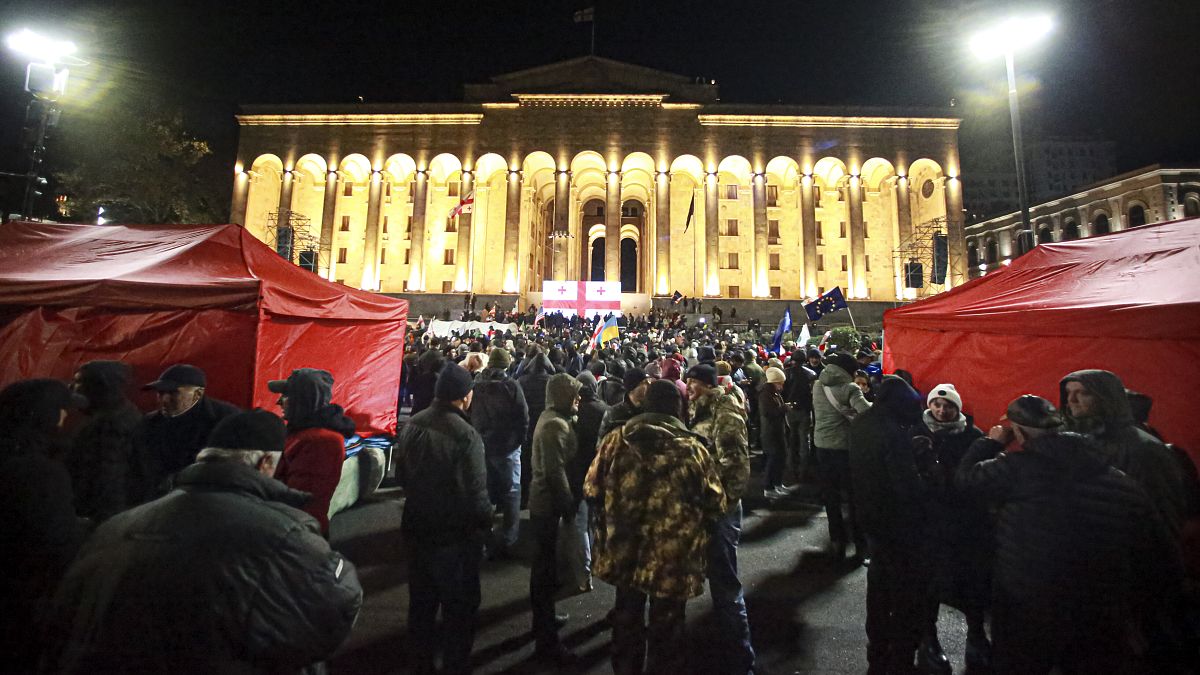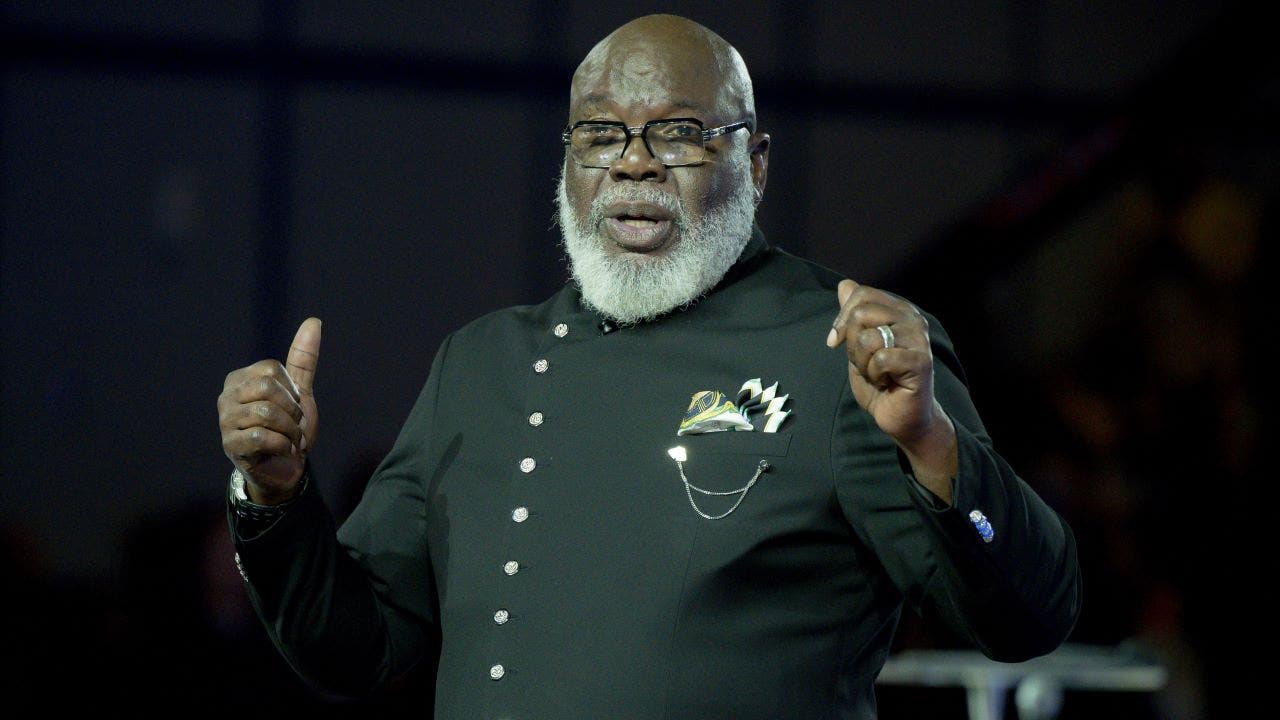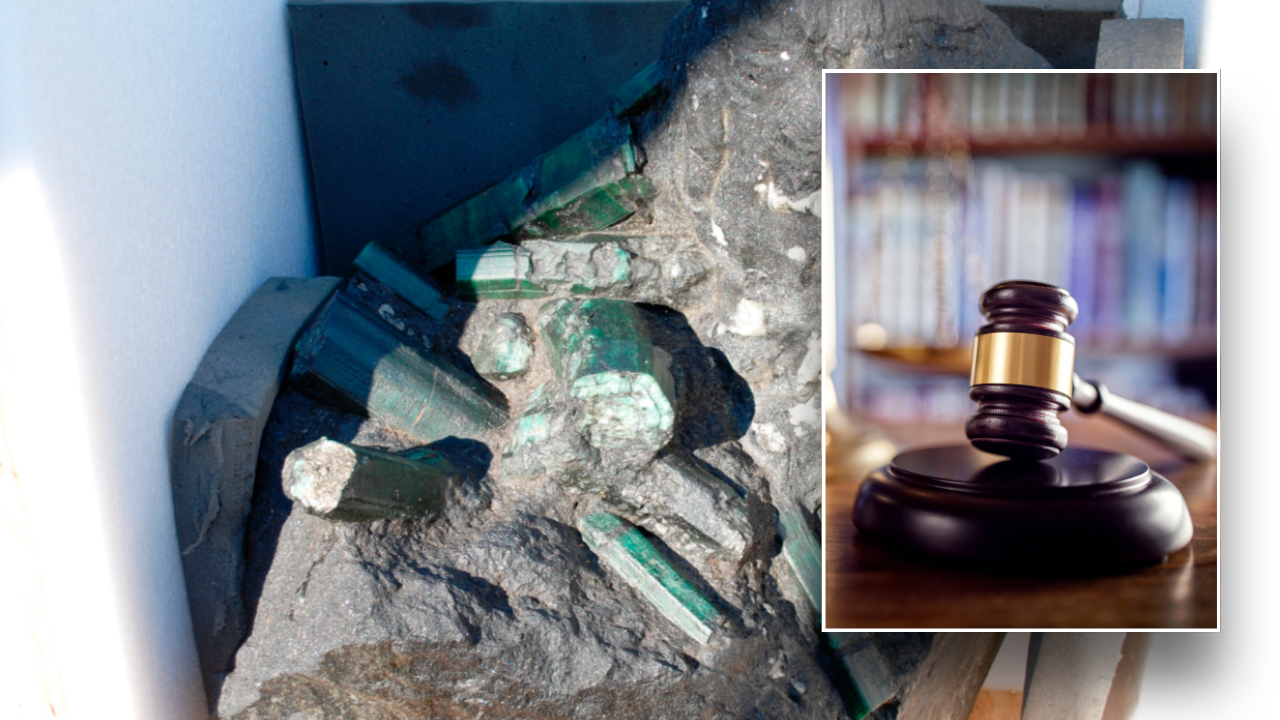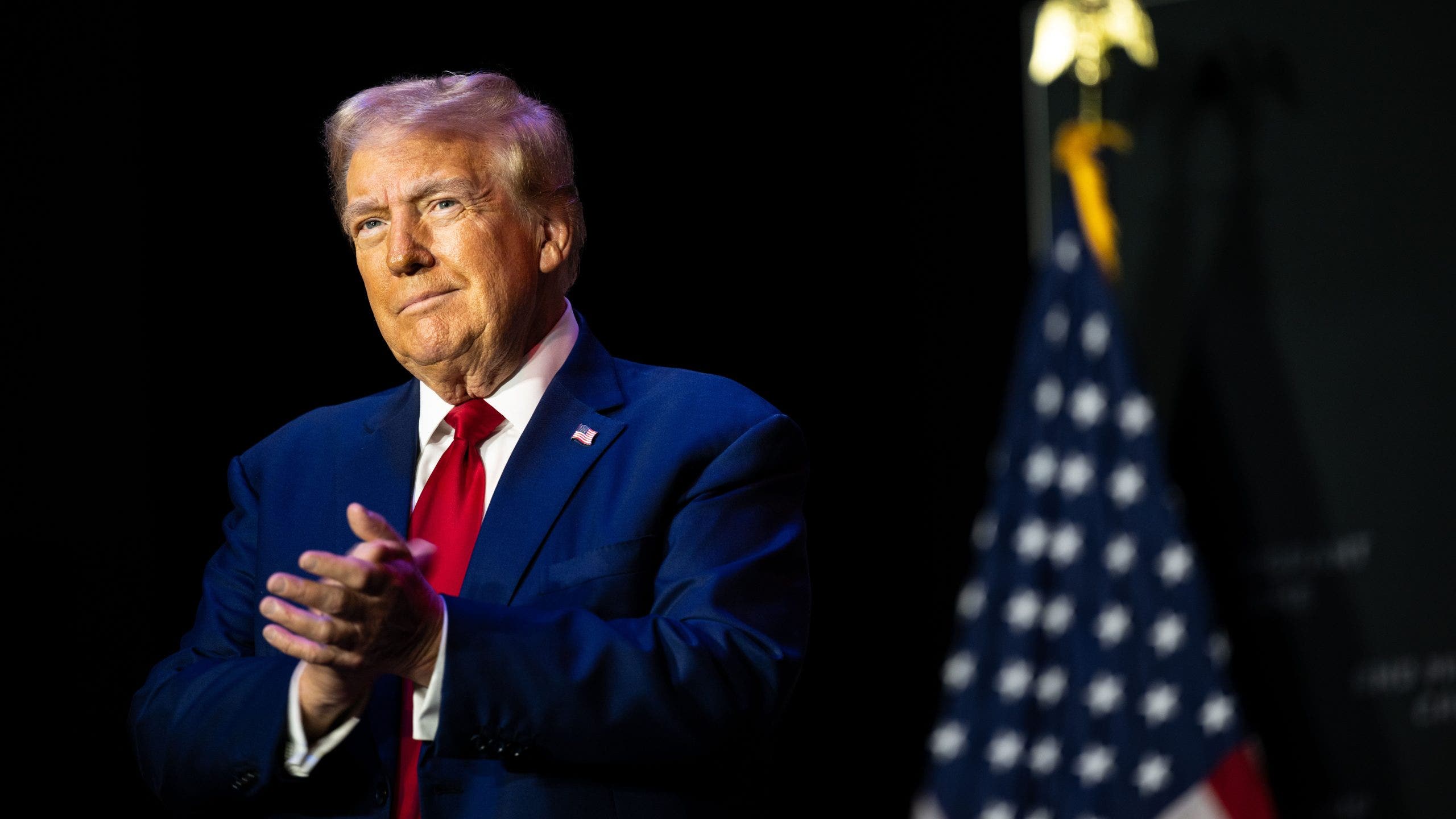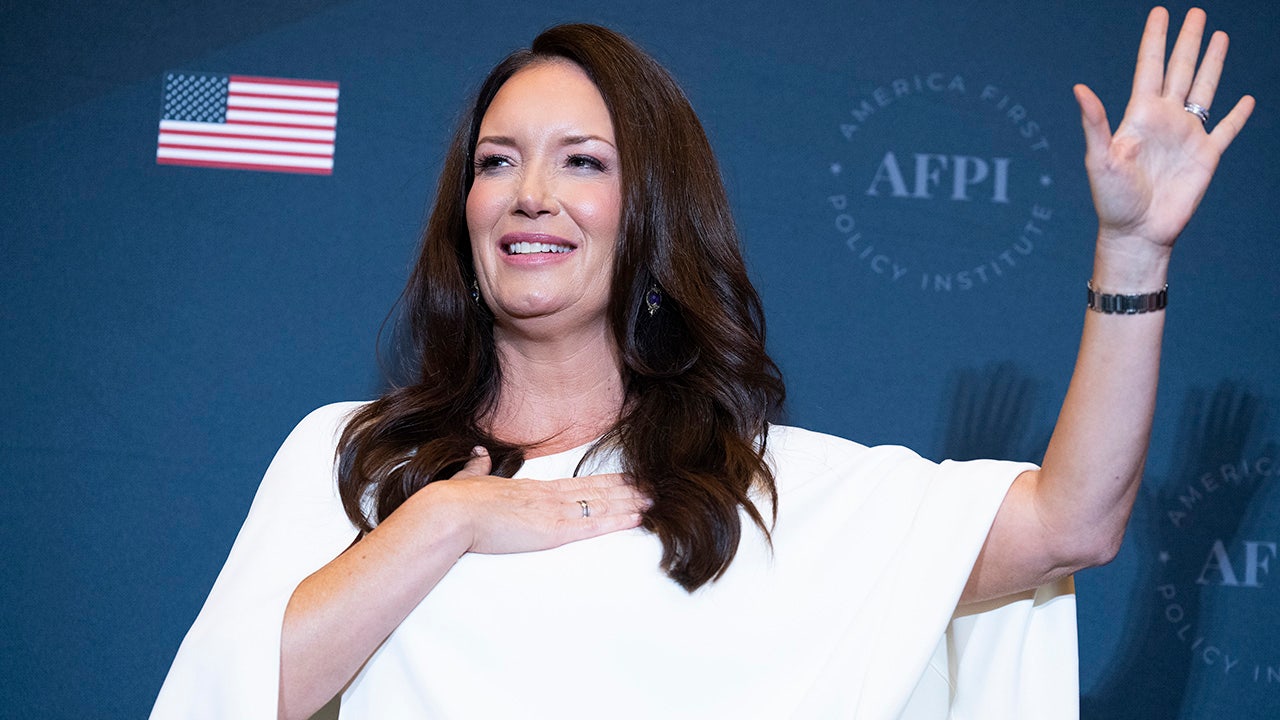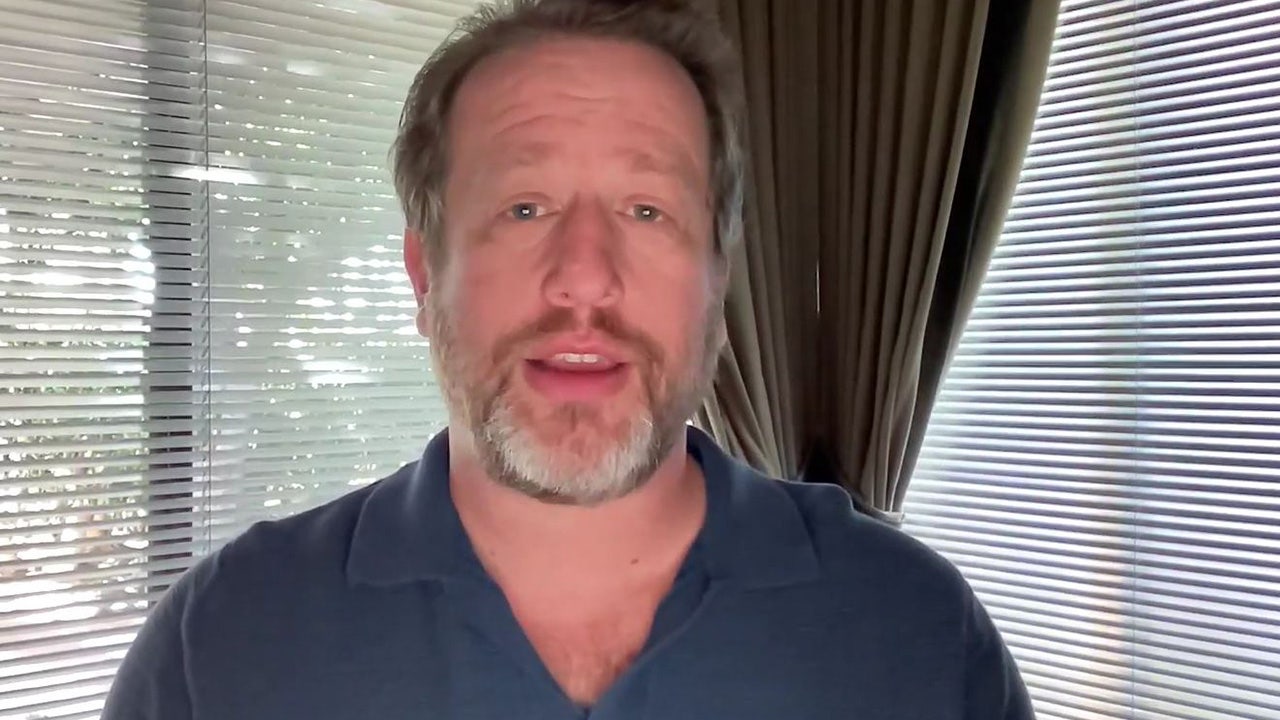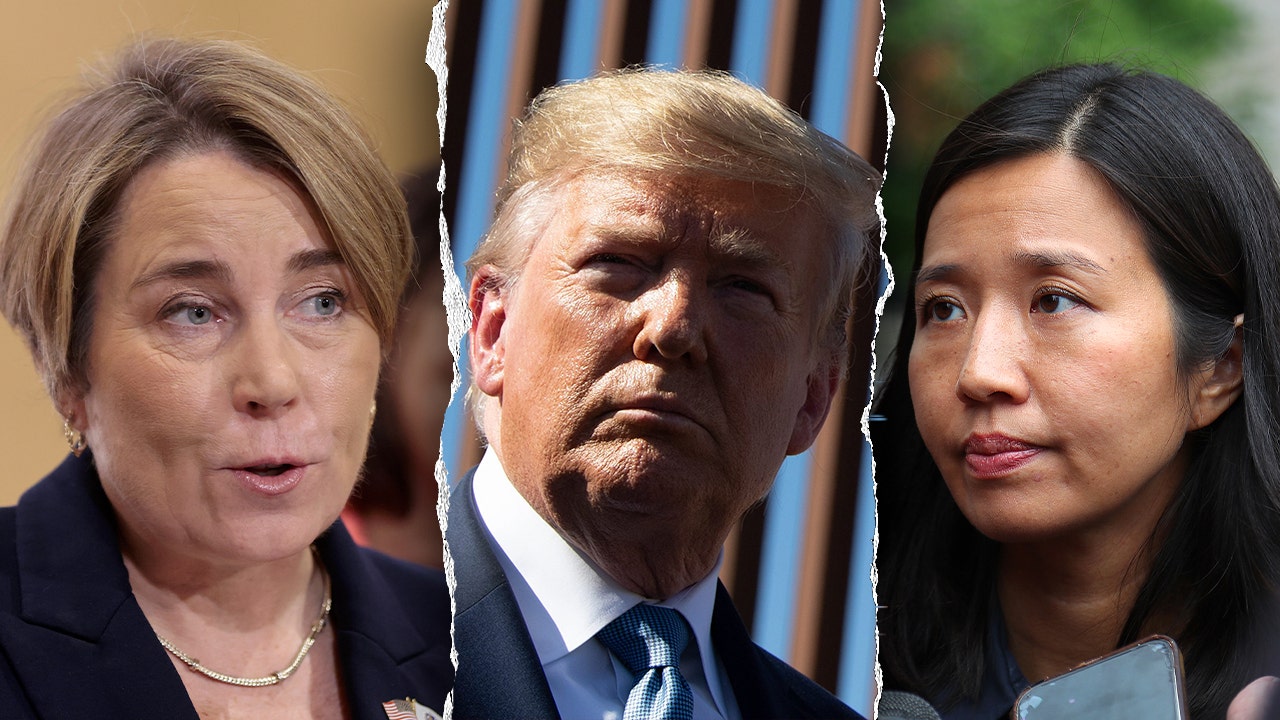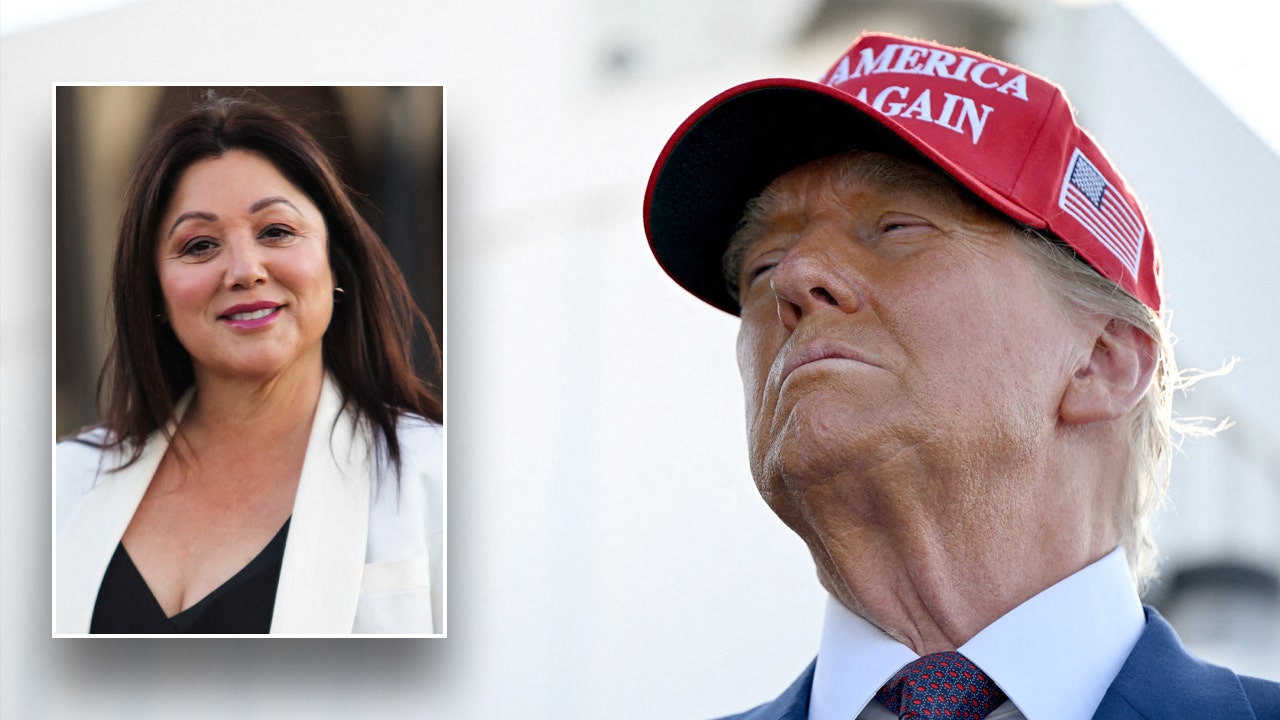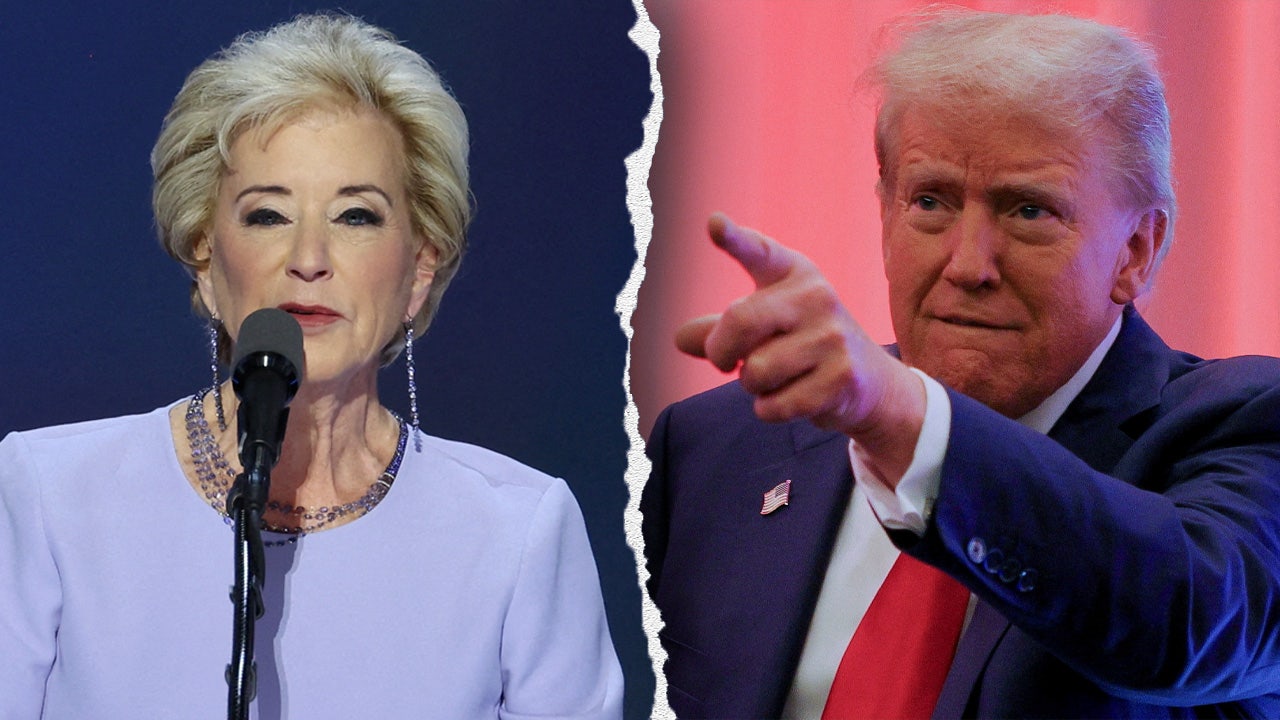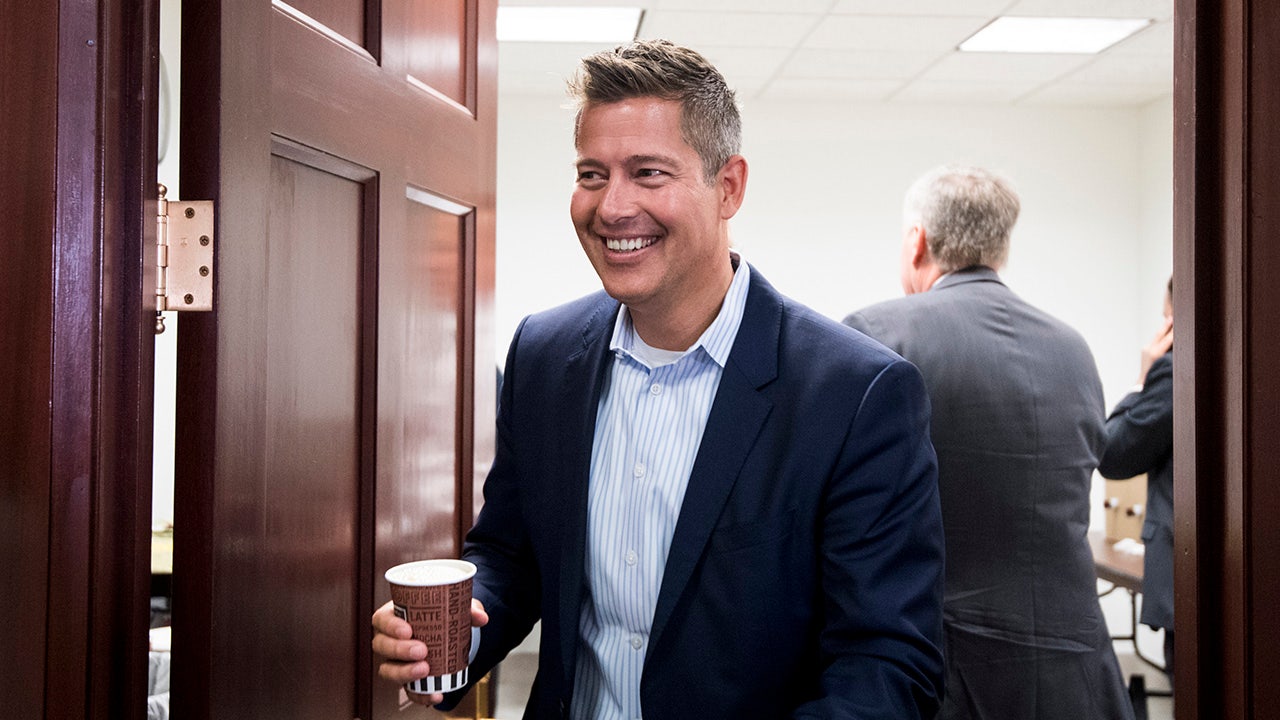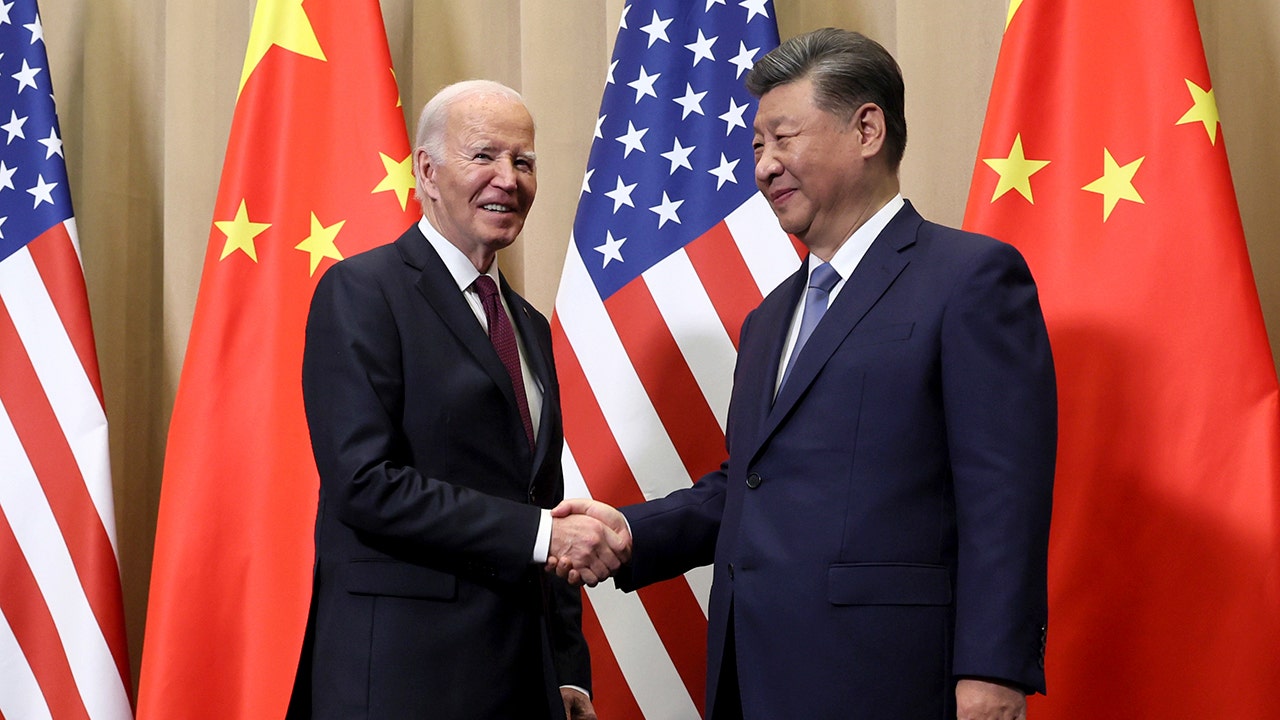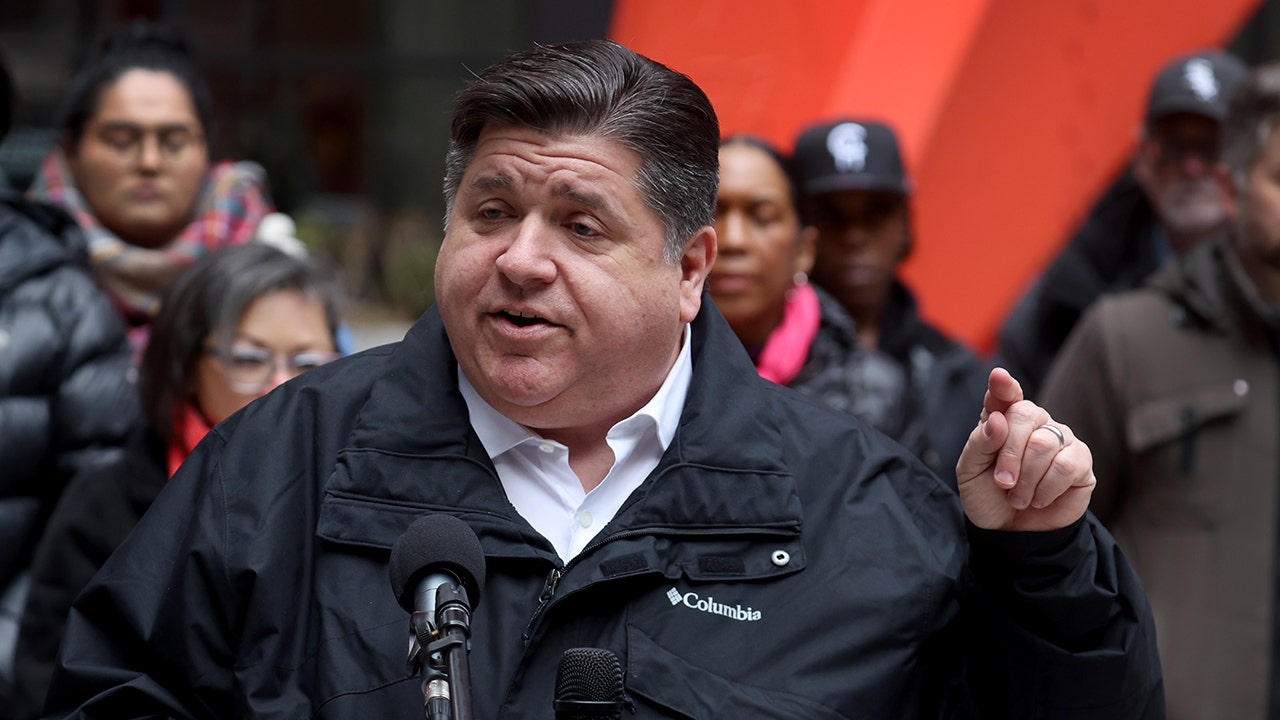Trump attorneys filed a memo Thursday in support of their motion to dismiss all charges brought against the former president by Special Counsel Jack Smith, discussing the Supreme Court’s recent decision in Fischer v. United States, which they believe further supports their argument to dismiss the obstruction charges.
The filing Thursday comes as Trump attorneys are using two blockbuster Supreme Court decisions—United States v. Trump, which dealt with presidential immunity, and United States v. Fischer, which dealt with obstruction—to attack the legal theories pressed by Special Counsel Jack Smith.
JUDGE UNSEALS KEY FILING IN SPECIAL COUNSEL’S ELECTION CASE AGAINST TRUMP
Trump attorneys filed a motion to dismiss all charges brought against the former president by Smith last year, but the case was stayed. The filing Thursday is a reply brief to their motion seeking dismissal of all charges.
Trump attorneys in their brief on Thursday said Smith’s superseding indictment against the former president, which was filed after the Supreme Court ruled that presidents and former presidents had immunity from official acts, “seeks to assign blame for events President Trump did not control and took action to protect against.”
“The Special Counsel blatantly ignores the fact that federal prosecutors have taken the opposite position in this District,” the filing states. “It is apparently of no consequence, to the Office and those who support their efforts, that former Speaker of the House Nancy Pelosi was caught on a previously undisclosed video accepting ‘responsibility’ for the events at the Capitol.”
Trump attorneys also argue that General Mark Milley acknowledged, “long before charges were brought in this case” that Trump “had instructed the Defense Department on January 3, 2021 to ‘make sure that you have sufficient National Guard or Soldiers to make sure it is a safe event.”
TRUMP BLASTS DOJ FOR ‘ELECTION INTERFERENCE,’ CALLS JACK SMITH CASE A ‘SCAM’ AFTER JUDGE UNSEALS KEY FILING
Trump was charged with count 1: conspiracy to defraud the United States; count 2: conspiracy to obstruct an official proceeding; count 3: obstruction of an attempt to obstruct an official proceeding; and count 4: conspiracy against rights.
Trump attorneys, though, stressed that Smith and federal prosecutors “cannot ignore or hide from” new precedent from the Supreme Court’s decision in Fischer v. United States, saying it is “another key application of the rule of law to reject lawfare overreach targeting President Trump.”
“Fischer requires the dismissal of Counts Two and Three of the Superseding Indictment, and its logic fatally undermines Counts One and Four as well,” the filing states.
U.S. v. Fischer stems from a lawsuit filed by Joseph Fischer — one of more than 300 people charged by the Justice Department with “obstruction of an official proceeding” in the Jan. 6, 2021, riot at the Capitol. His lawyers argued that the federal statute should not apply, and that it had only ever been applied to evidence-tampering cases.
The Supreme Court on Friday ruled in favor of a participant in the Jan. 6, 2021, Capitol riot who challenged his conviction for a federal “obstruction” crime.
In a 6-3 decision, the high court held to a narrower interpretation of a federal statute that imposes criminal liability on anyone who corruptly “alters, destroys, mutilates, or conceals a record, document, or other object, or attempts to do so, with the intent to impair the object’s integrity or availability for use in an official proceeding.”
The ruling reverses a lower court decision, which the high court said swept too broadly into areas like peaceful but disruptive conduct, and returns the case to the D.C. Circuit Court of Appeals, who will have the opportunity to reassess the case with Friday’s ruling in mind.
SUPREME COURT RULES IN FAVOR OF JAN. 6 CAPITOL RIOT PARTICIPANT WHO CHALLENGED OBSTRUCTION CONVICTION
“Under Fischer, the Office [of Special Counsel] may not use the statute as a catchall provision to criminalize otherwise-lawful activities selectively mischaracterized as obstructive by those with opposing political views,” the filing states, noting that the Fischer decision “requires proof of evidence impairment coupled with corrupt intent.”
“Once stripped of President Trump’s official acts subject to immunity and protected First Amendment political advocacy, the Superseding Indictment lacks sufficient factual allegations to support either element as required by Counts Two and Three,” Trump attorneys argue. “President Trump expressed sincere and valid concerns about the integrity of the 2020 election pursuant to his authority as the Chief Executive.”
Trump attorneys said Trump was “part of open, public discussion regarding use of contingent slates of electors in a manner consistent with historical practice and contemplated by the then-existing version of the Electoral Count Act.”
“The congressional record from January 6 reflects lawful debates on certificate objections contemplated by the ECA, as well as acknowledgment of the historical precedent for the contingent slates,” they argued. “There is no precedent for a criminal prosecution based on such a record.”
Trump attorneys said Smith’s office “cannot establish the required nexus between alleged obstruction and any ‘evidence’ used in the certification proceeding, or that anyone acted with corrupt intent.”
TRUMP TRIAL STEMMING FROM JACK SMITH’S PROBE DELAYED PAST ELECTION DAY
Trump attorneys also said the Fischer decision “forecloses the Office’s efforts to rely on events at the Capitol on January 6 to support charges.” They said the “superseding indictment does not sufficiently allege that President Trump impaired, or intended to impair, the integrity or availability of any document or other object used in any official proceeding.”
Meanwhile, when the Supreme Court earlier this year ruled that a president is immune from prosecution for official acts, Smith was then required to file another indictment against Trump, revising the charges in an effort to navigate the Supreme Court ruling. The new indictment kept the prior criminal charges but narrowed and reframed allegations against Trump after the high court’s ruling that gave broad immunity to former presidents.
Trump pleaded not guilty to all charges in the new indictment as well.
Last month, Chutkan said she would not hold the trial for Trump on charges stemming from Smith’s Jan. 6 investigation until after the 2024 presidential election. She set deadlines for replies and paperwork from federal prosecutors and Trump’s legal team for Nov. 7 — after Election Day.
Read the full article here



